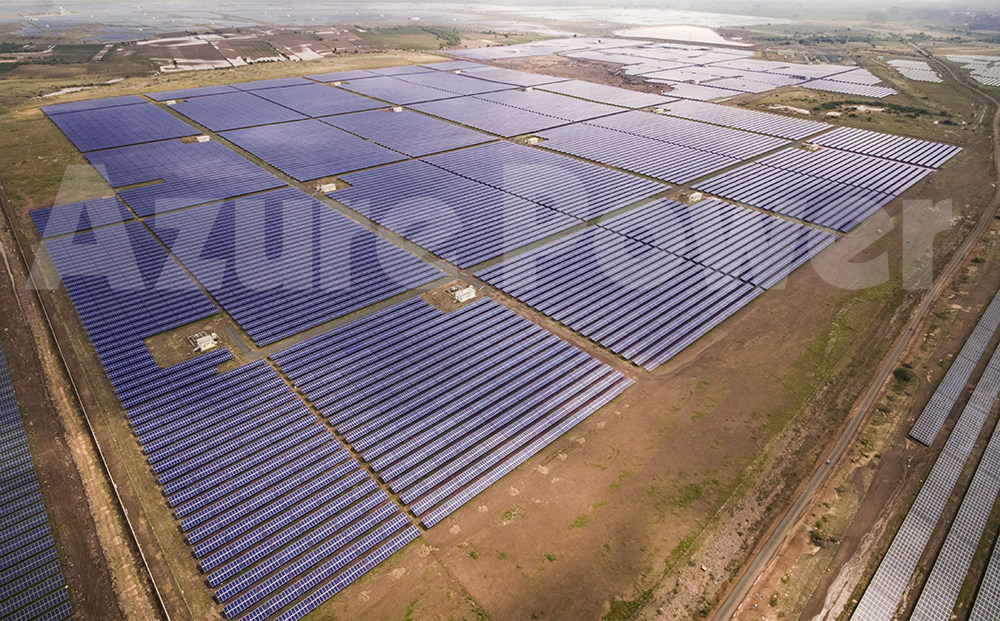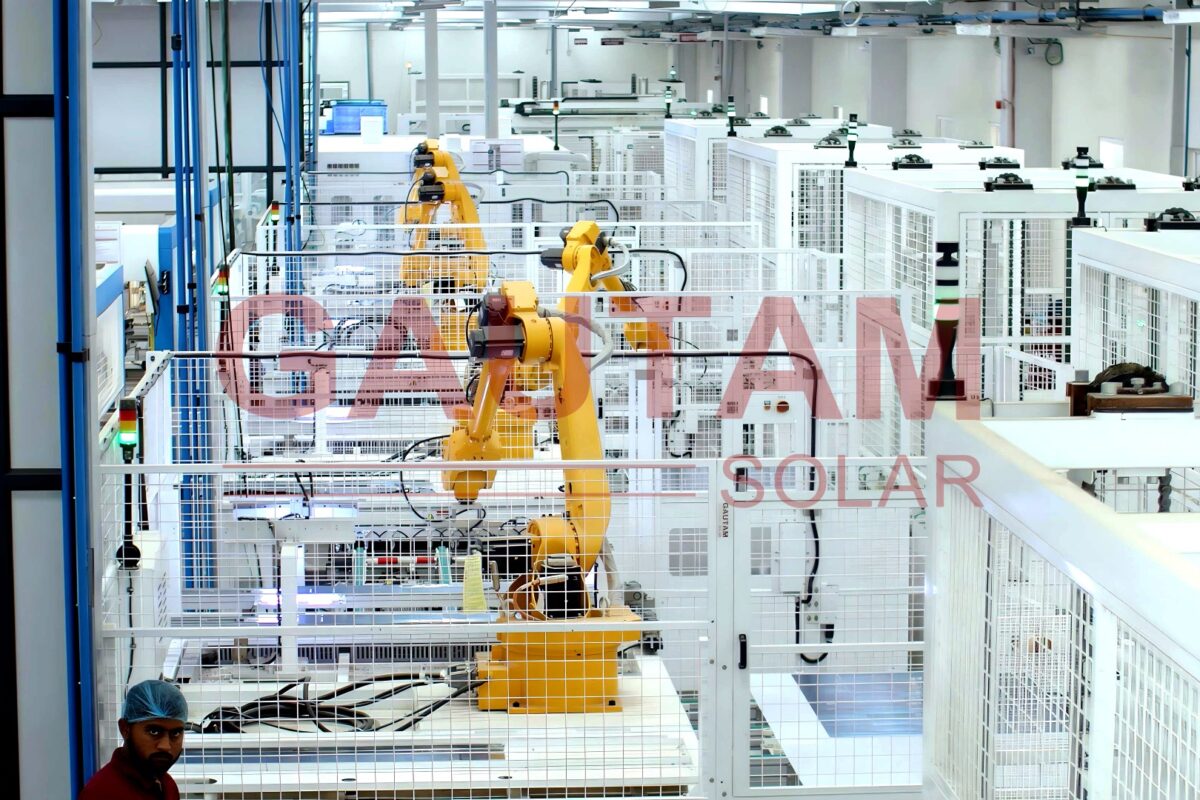Azure Power has received the letter of award for a 300 MW solar power ISTS project in a 1.2 GW auction conducted by Solar Energy Corporation of India (SECI). With this win, the New Delhi-headquartered developer has 1.5 GW of ISTS projects with sovereign counterparties, which is the largest such portfolio in India.
The company expects to sign a 25-year power purchase agreement with SECI to supply power at a tariff of Rs2.54 (US 3.7 cents) per kWh. The project can be developed outside a solar park anywhere in India and is expected to be commissioned by 2021.
Azure Power has over 1.5 GW of ISTS interconnection approvals in place, which reduces development risk for its ISTS portfolio.
Speaking on this occasion, Ranjit Gupta, the newly appointed Chief Executive Officer, Azure Power, said, “Our long history of superior solar power operations with SECI has contributed to our success in winning this 300 MW project. Azure has a strong track record of winning projects in every ISTS auction conducted by SECI till date. This is a direct result of our strong project development and execution capabilities. We have secured ISTS interconnection approvals for over 1.5 GW well ahead of schedule in some of the best sites in the highest solar irradiation locations, thus minimizing execution risk and maximizing returns.”
Azure Power has a pan-India portfolio of over 3 GW. It has developed, constructed and operated solar projects of varying sizes, including the construction of India’s first private utility-scale solar PV power plant in 2009 and the implementation of the first MW scale rooftop project under the smart city initiative in 2013.
This content is protected by copyright and may not be reused. If you want to cooperate with us and would like to reuse some of our content, please contact: editors@pv-magazine.com.









By submitting this form you agree to pv magazine using your data for the purposes of publishing your comment.
Your personal data will only be disclosed or otherwise transmitted to third parties for the purposes of spam filtering or if this is necessary for technical maintenance of the website. Any other transfer to third parties will not take place unless this is justified on the basis of applicable data protection regulations or if pv magazine is legally obliged to do so.
You may revoke this consent at any time with effect for the future, in which case your personal data will be deleted immediately. Otherwise, your data will be deleted if pv magazine has processed your request or the purpose of data storage is fulfilled.
Further information on data privacy can be found in our Data Protection Policy.